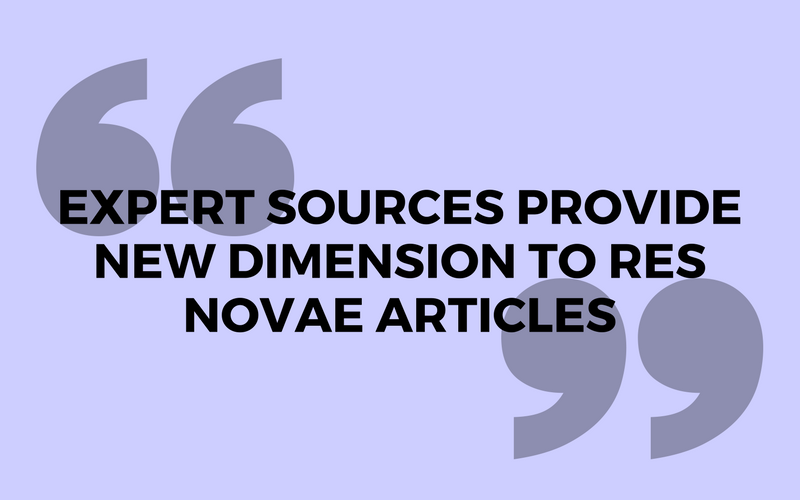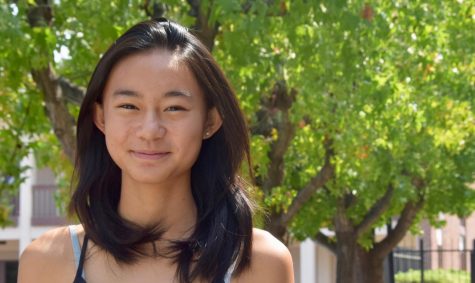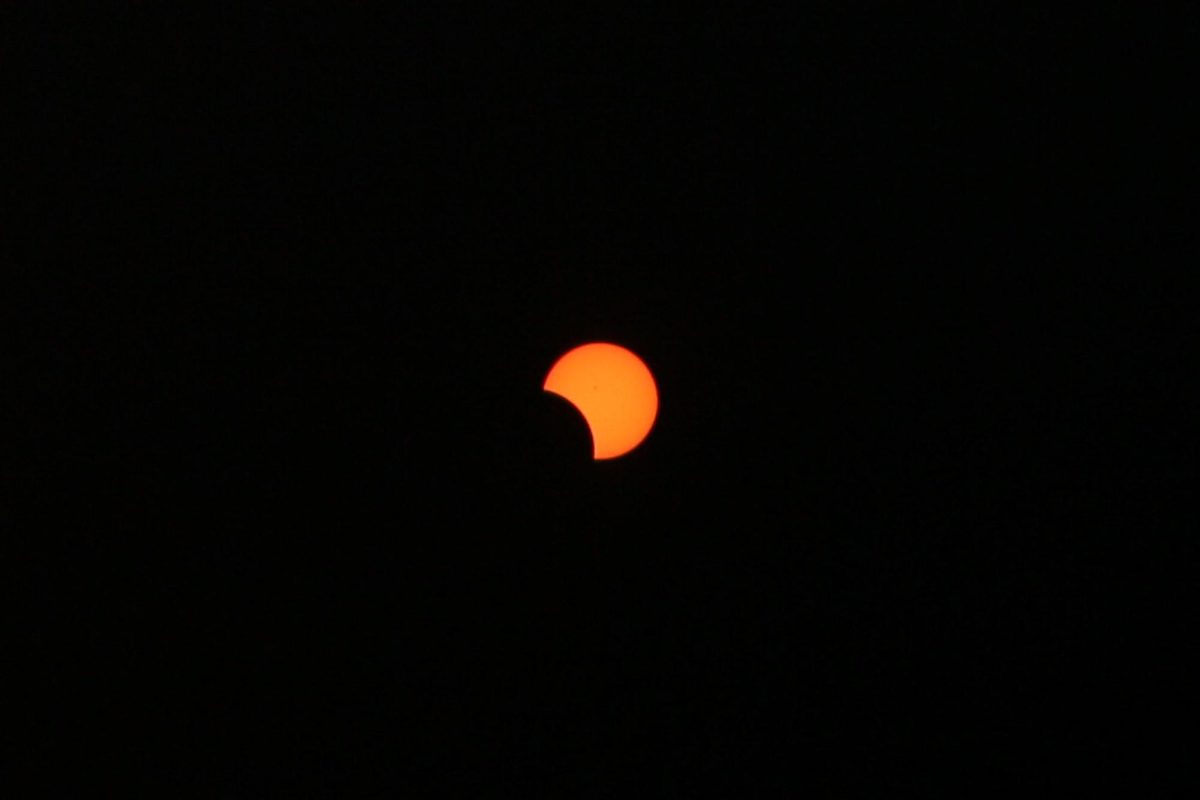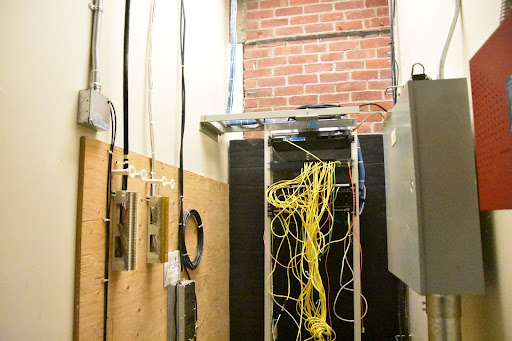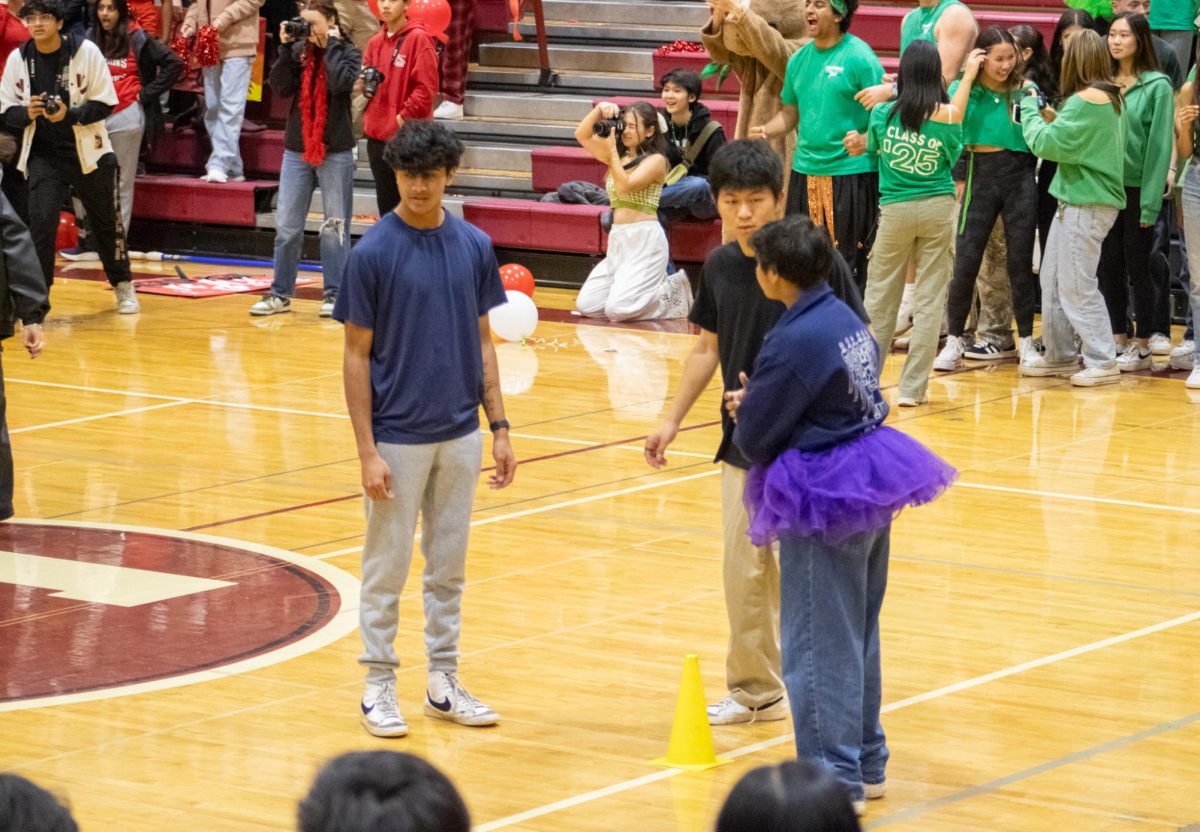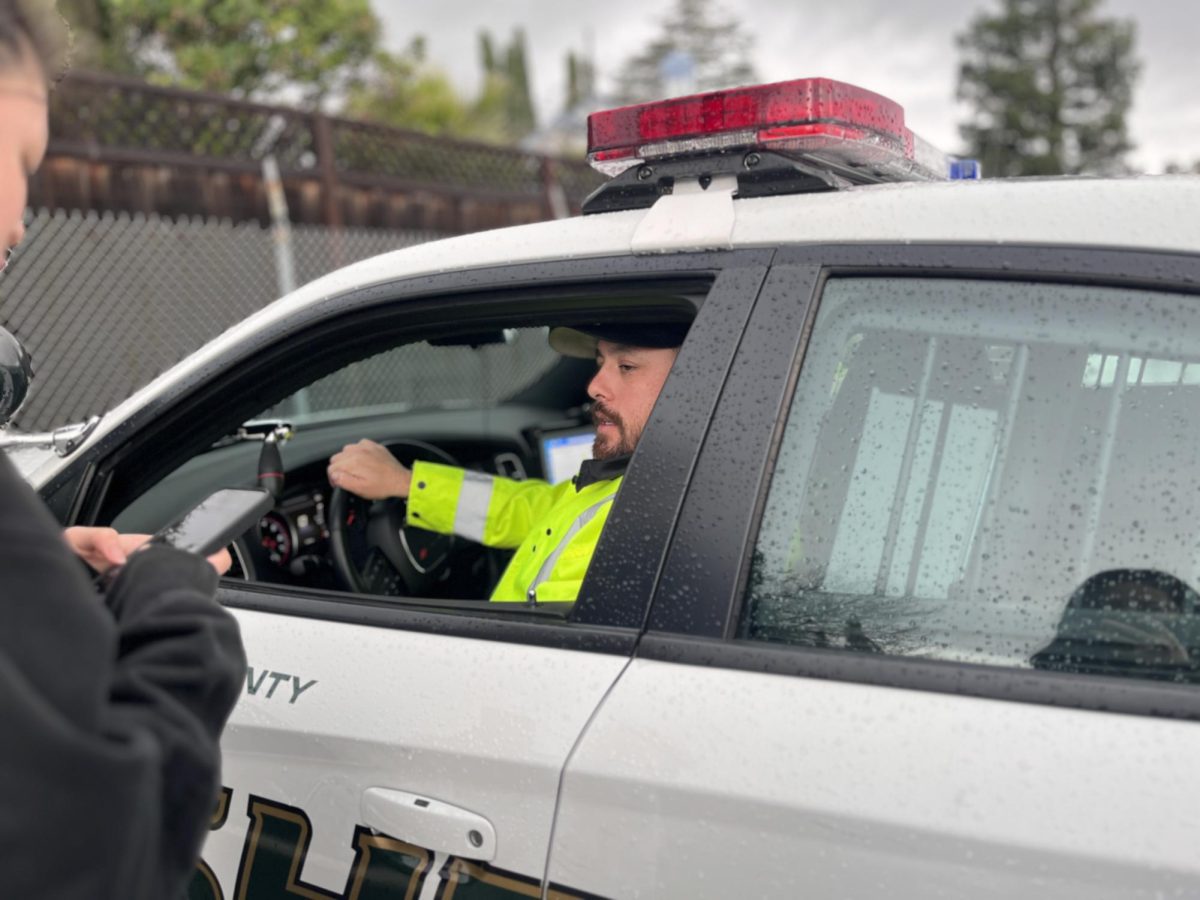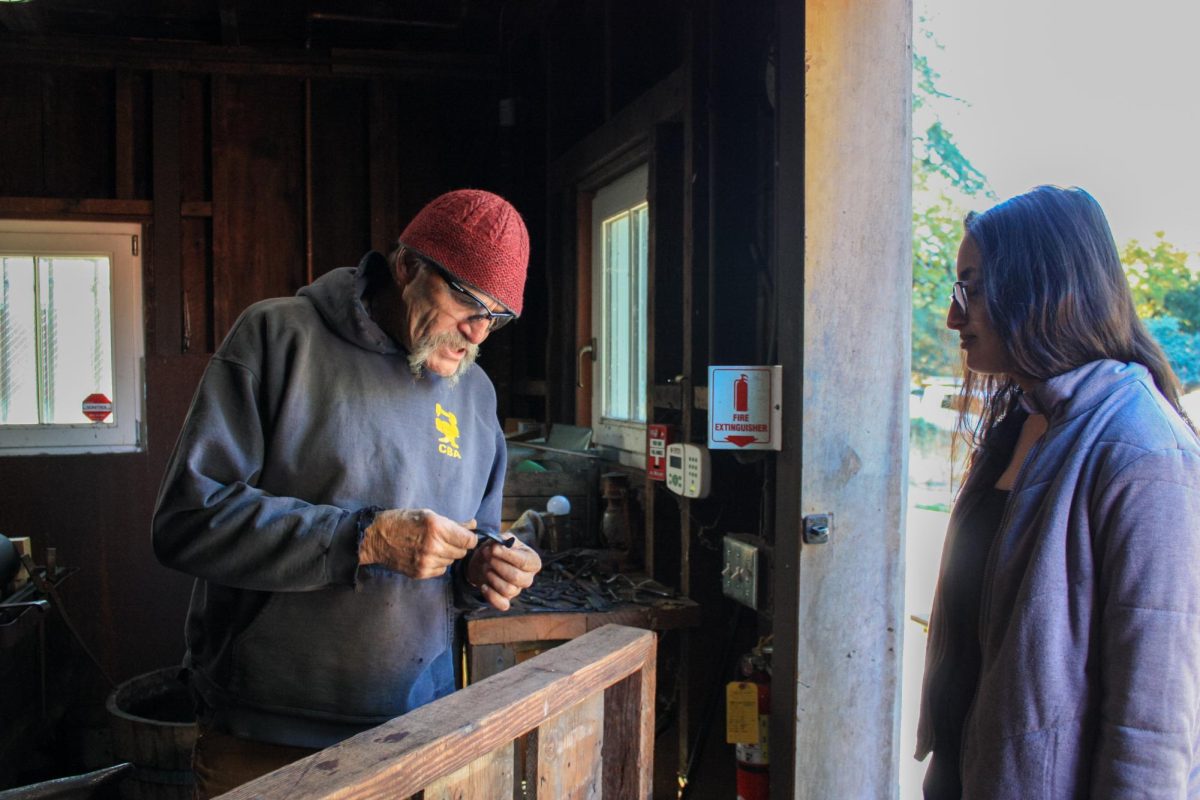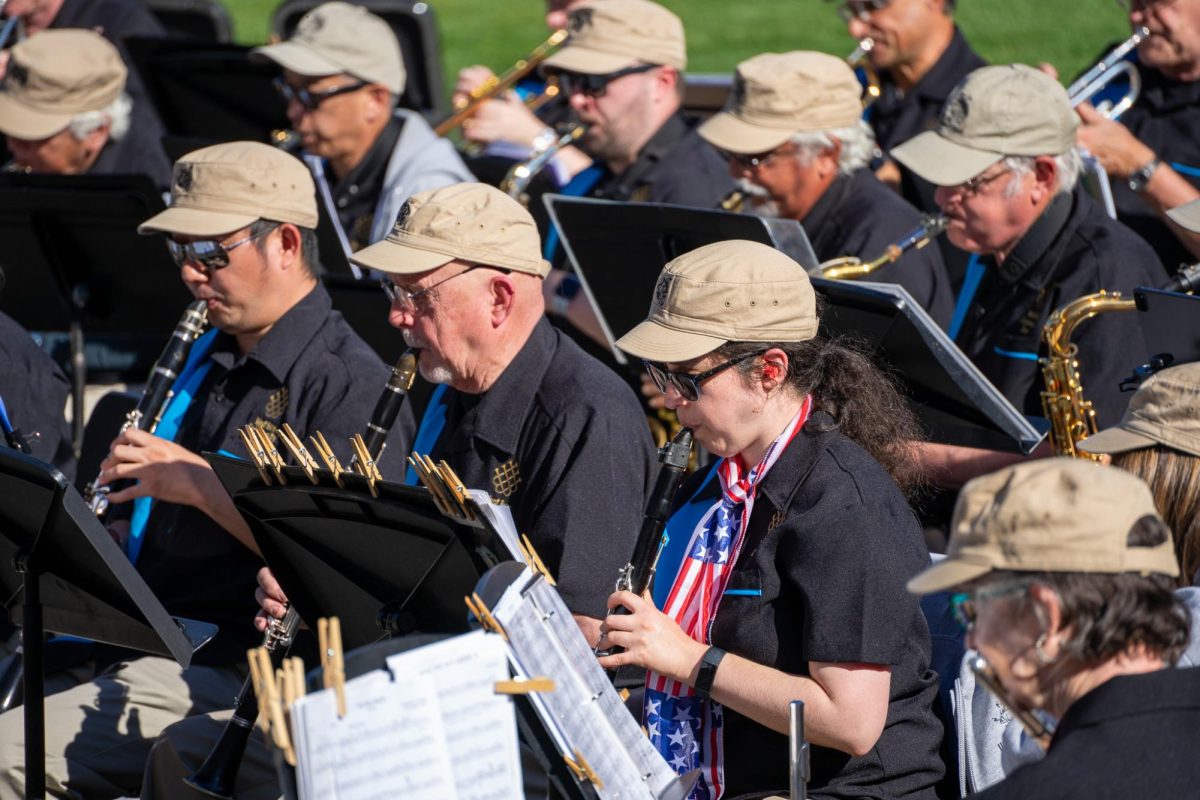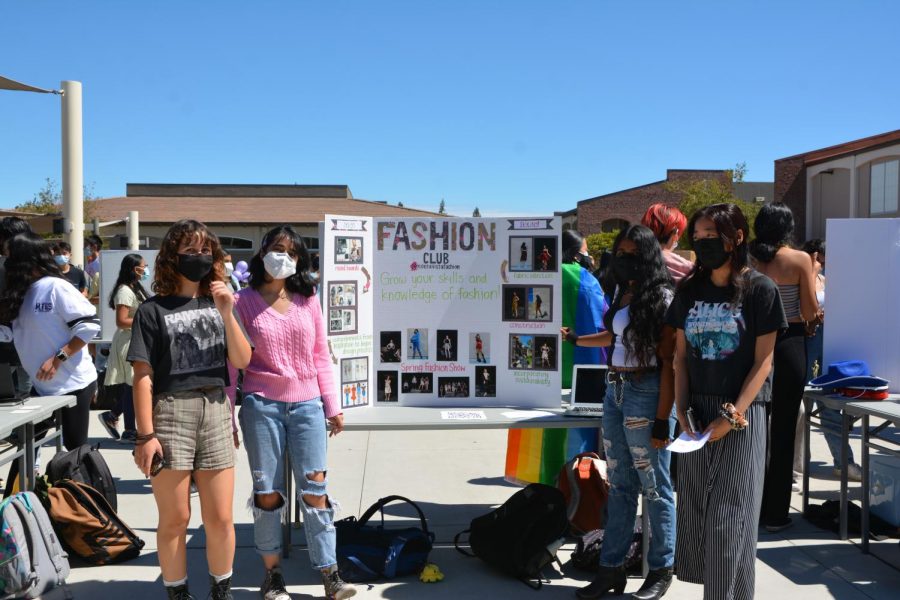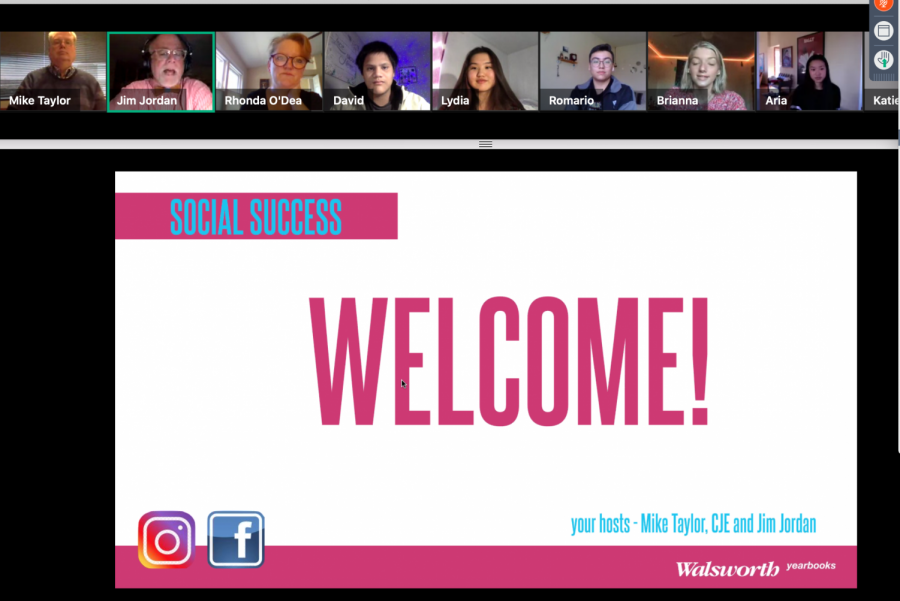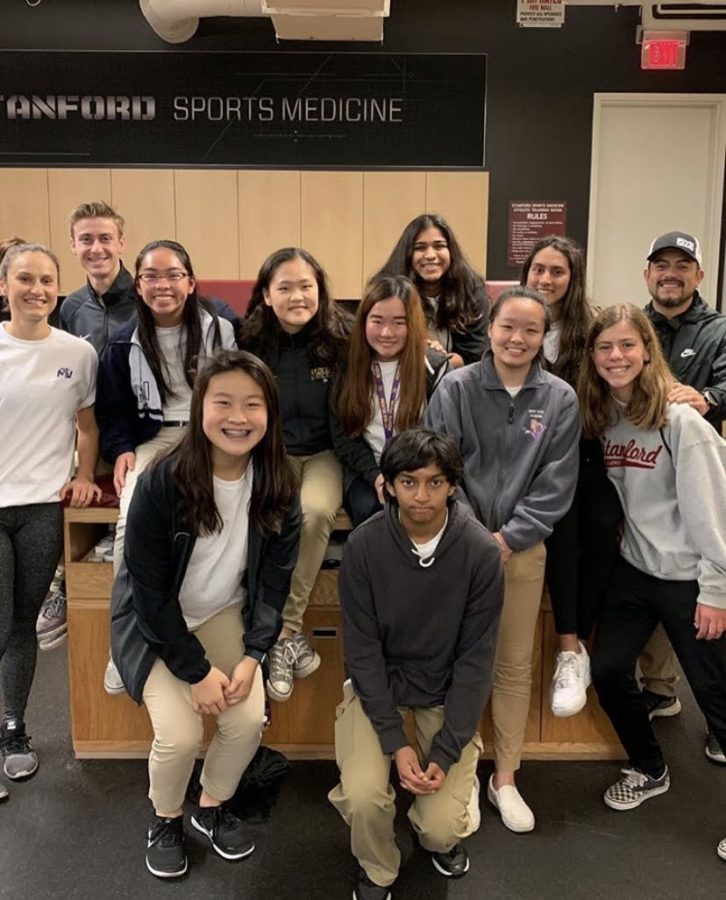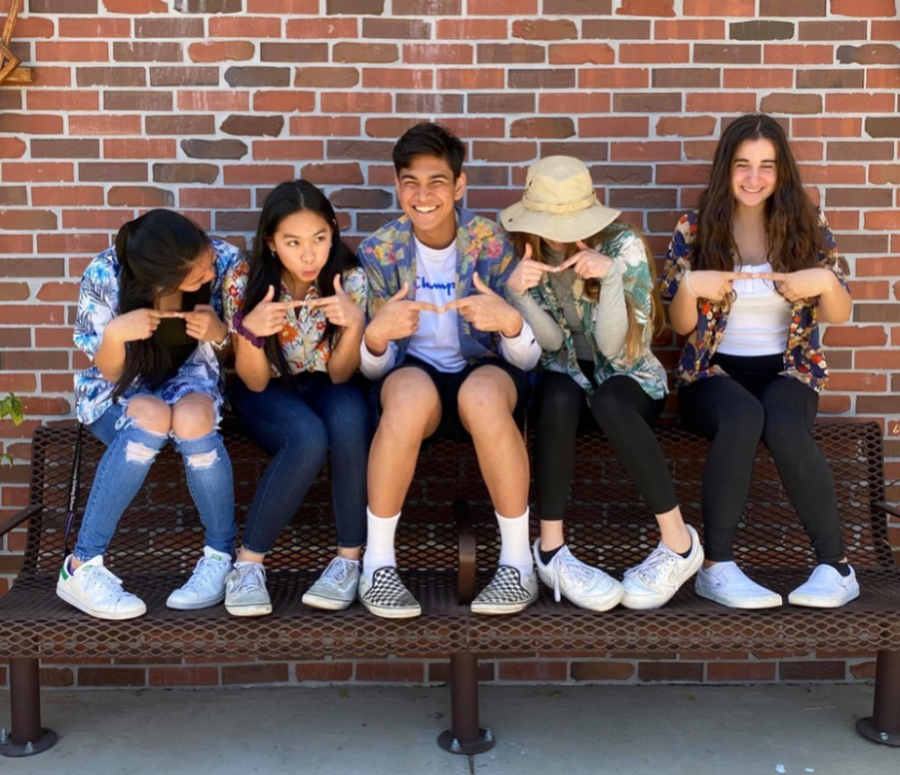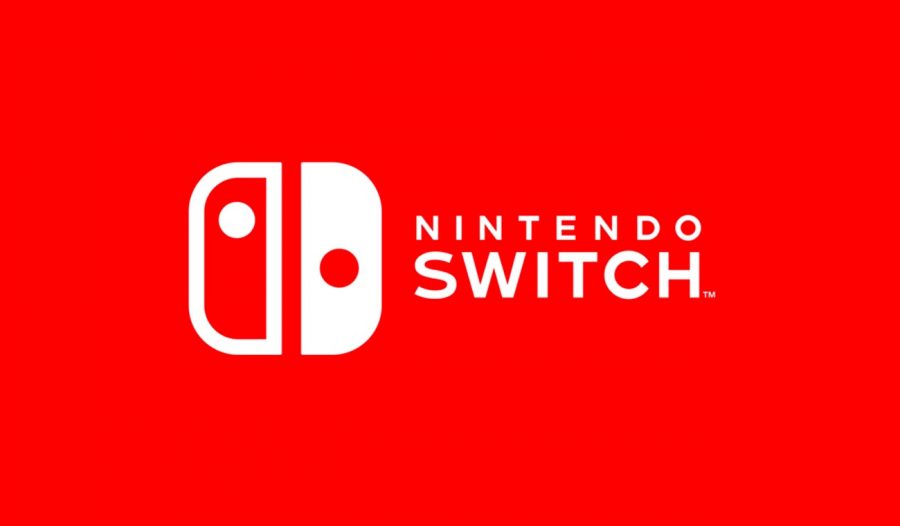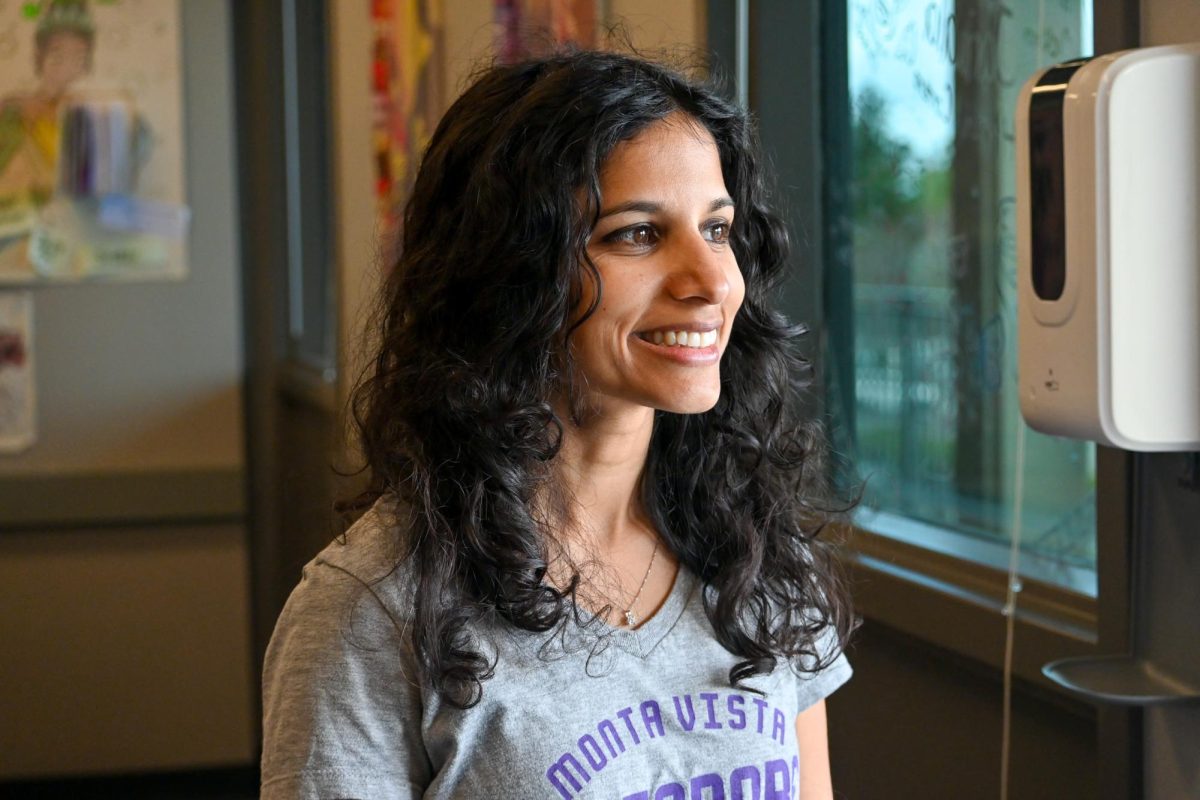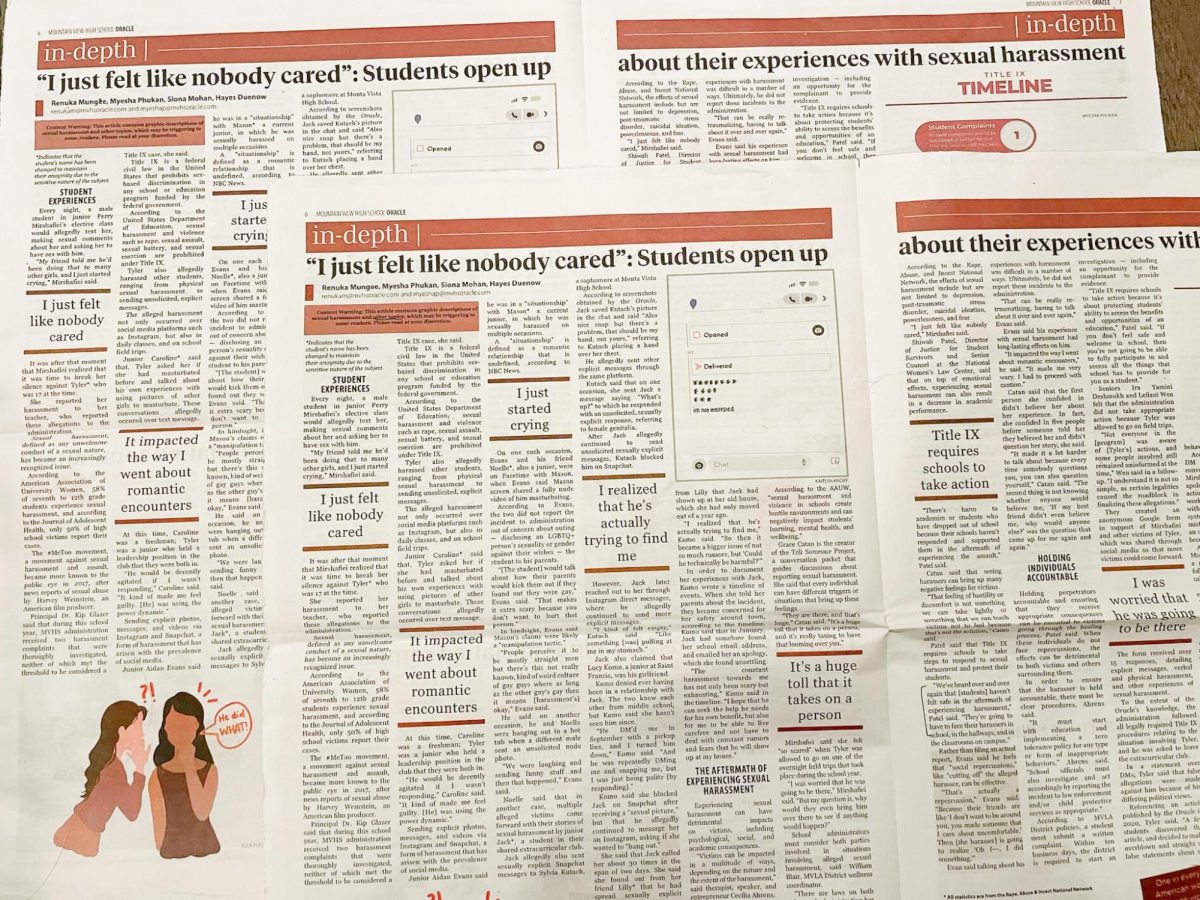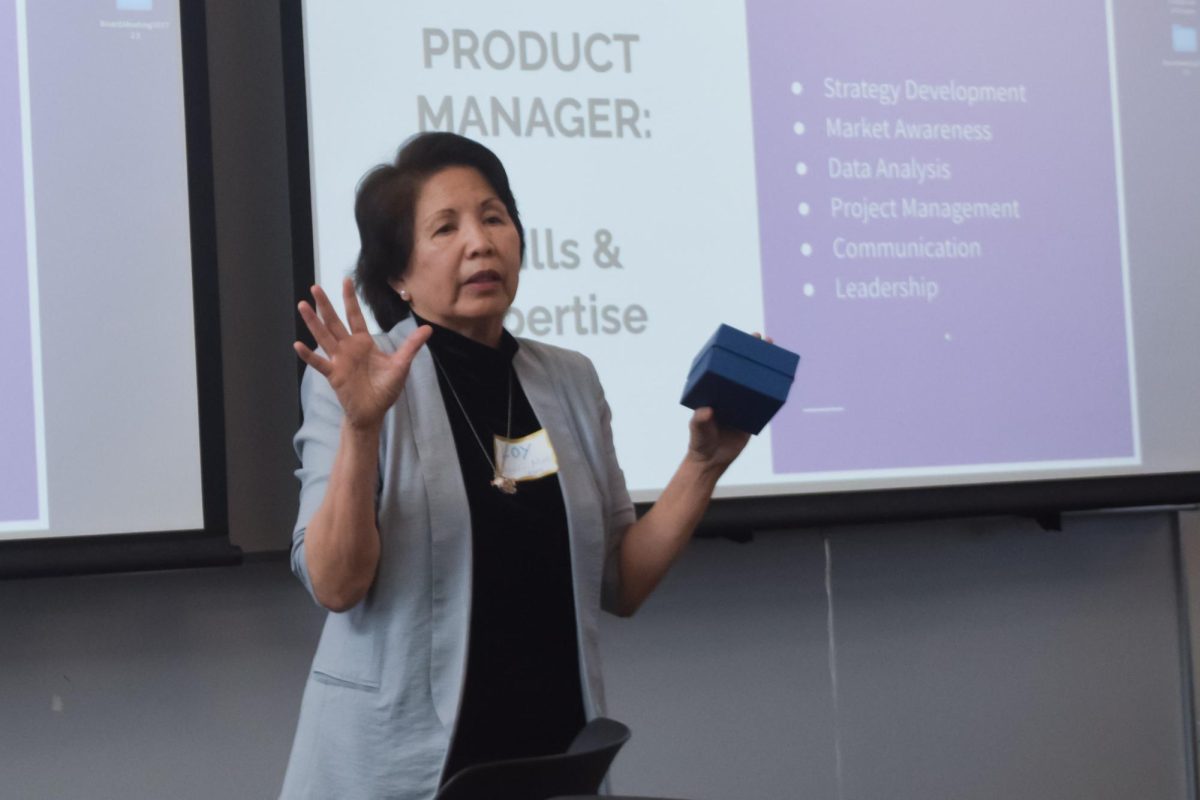Before Res Novae officers introduced the concept of interviewing expert sources to their staff, sophomore Saumya Tawakley took a random chance and sent an email to NASA. She knew her article would be astronomy-related and that she wanted to interview a NASA employee, yet, she expected no response in return.
But Richard Spencer, library manager at NASA headquarters, promptly replied and Tawakley had the opportunity to interview him about a variety of subjects related to her article. For Tawakley, the interview with Spencer was a new experience.
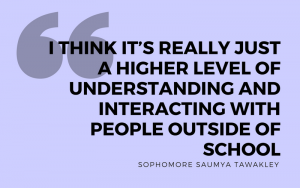
“It was different [because the way] you interact with a student is different from how you would interact with a professional,” Tawakley said. “I think it’s really just a higher level of understanding and interacting with people outside of school.”
Senior section editor Daria Syskine’s first expert interview, with someone from the Don Edwards National Wildlife Refuge, did not run as smoothly as Tawakley’s. Syskine ran into problems with voice-recording and note-taking and was unable to use the interview. She still managed to take away important lessons however, about preparation and the importance of expert interviews from her experience.
“It’s been fun because I get to reach out to people that I normally wouldn’t talk to,” Syskine said. “And sometimes they have a lot to say and it’s more interesting for me. And also I feel like having that expert, first of all, makes it more trustworthy, second of all, when they do have personal anecdotes, it makes the story a little bit more real to readers.”
According to junior Jenny Chin, Res Novae is centralized around student opinions, but credibility is added to the story through expert interviews. Res Novae editors emphasize this to their staff writers, encouraging them to reach out for interviews and research experts and local organizations.
“Obviously expert sources offer more credibility,” Chin said. “They sometimes offer, especially if they’re really knowledgeable in that field, really unique perspectives.”
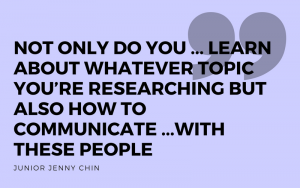 Experts provide not only another dimension to the story, but allow interviewees to learn valuable skills themselves. Both Syskine and Chin believe that interacting and interviewing experts and professionals is important in developing life skills like communication.
Experts provide not only another dimension to the story, but allow interviewees to learn valuable skills themselves. Both Syskine and Chin believe that interacting and interviewing experts and professionals is important in developing life skills like communication.
“I think not only do you obviously get to learn about whatever topic you’re researching but also how to communicate and contact with these people,” Chin said. “And [you can also] build relationships with your interviewees.”
Learning how to communicate and interact with professionals is a life skill that Syskine also believes she learned from her interviews with expert sources. It will be a skill that she takes into college and her life beyond Res Novae.
“I think it’s just a good general life skill to be able to reach out to people and ask them for something,” Syskine said. “The first times I sent [emails] out it was a little bit scary, but I realized that a lot of people are happy to talk to me. You’re taking a risk by asking people, but at the same time it usually pays off, and there’s not really much to be scared of.”

















